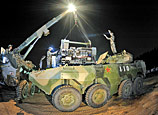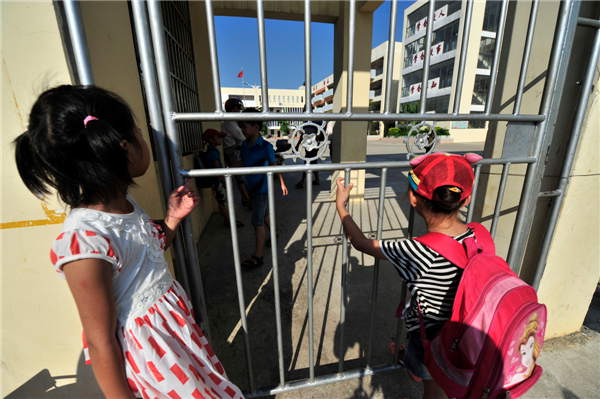
Staffing Concern
The biggest hurdle to improving services, however, remains staffing.
Zhang conceded the decreasing number of trained doctors willing to work as ambulance crew is hampering daily operations, but insisted his center has not eased off on recruitment.
"Over the years we've been attempting to hire more medical students from neighboring cities," he said, but now even medical graduates are turning down offers due to the meager pay and vast workload.
Unlike Western paramedics, who are highly trained but do not need medical degrees, ambulance medics in China have usually spent five years in medical school and one year as a resident at a clinic, the same as any doctor.
The salary is about 4,000 yuan ($650) a month, roughly the same as an entry-level doctor at a hospital, but unlike their counterparts on the wards, ambulance doctors have little or no opportunity for career progression.
"Seeing this, many people leave the job in the end," said Li, the veteran first-responder. "Fewer stay loyal to the cause."
To produce more medics faster, the Shanghai Institute of Health Science said this year it will launch a three-year program to train people in pre-hospital care. Students who apply will be exempt from paying tuition fees, said Shen Yuefen, vice-president of the institute.
Li welcomed the move and added: "Three years of training is enough to meet the demand. A medical student with five years of experience is probably a bit overqualified."



















![]()
